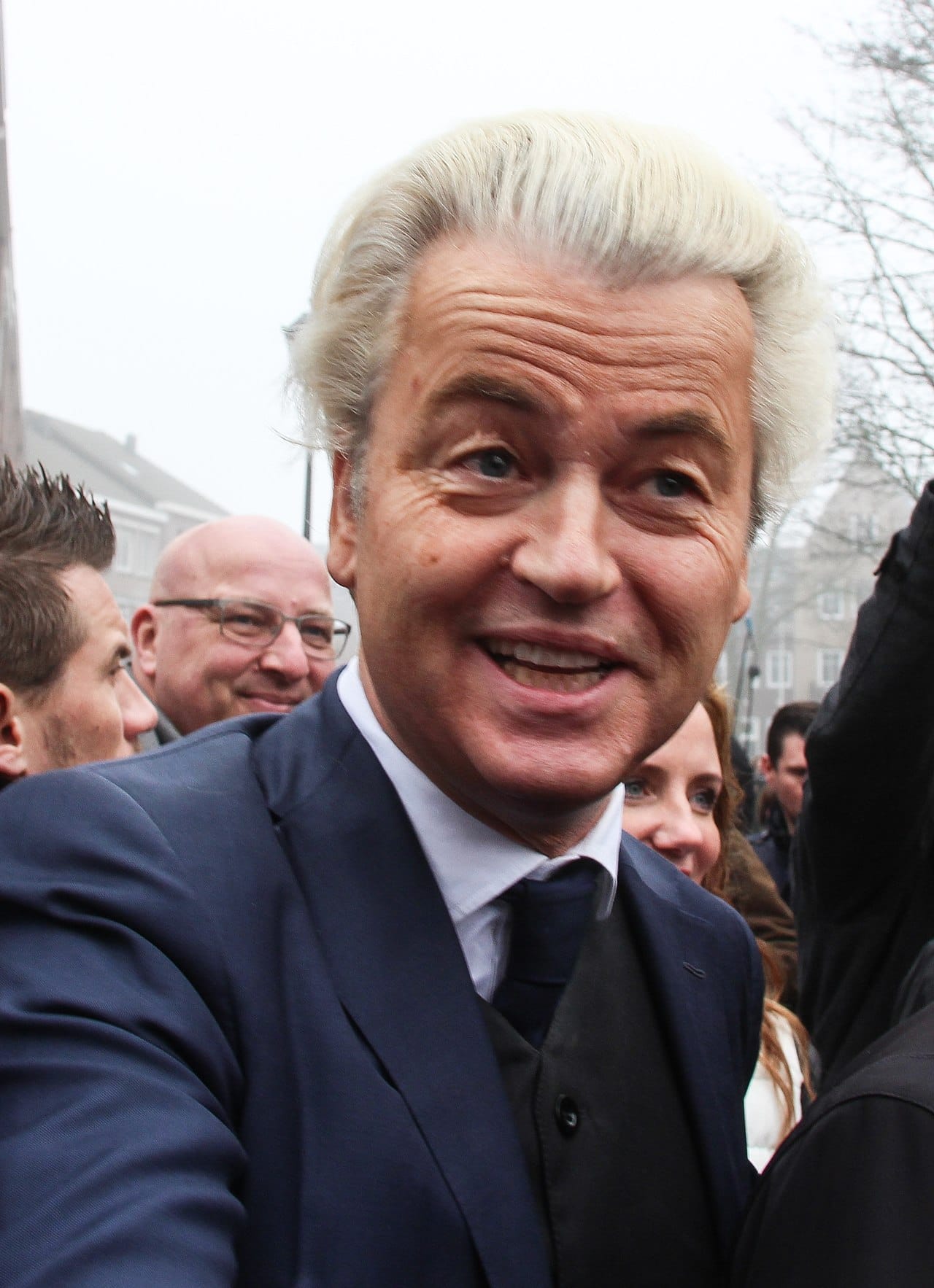Netherlands: Wilders and a New Government
The talks for a new government enter a "radio silence" period, with outcomes expected by late February. The process may be complicated by PVV's hardline policies and the political landscape.

A month after Geert Wilders' far-right PVV won in the Dutch election, coalition talks have commenced. Despite PVV's need for partners to form a majority, only the agrarian Farmer-Citizen Movement (BBB) has expressed openness.
Talks, led by Ronald Plasterk, involve overcoming constitutional issues, policy compromises, and determining the government's form. Recent polls show PVV's rising popularity, adding urgency to the coalition process. Potential partners VVD and NSC exhibit reservations.
The talks enter a "radio silence" period, with outcomes expected by late February. The process may be complicated by PVV's hardline policies and the political landscape.

The Elections
The Netherlands was gearing up for its general election in November, marking the country's first change in leadership in 13 years. With four parties spanning the political spectrum competing to become the largest in parliament, the election holds significant implications for the future of Dutch politics and its impact on Europe.
Recent polls indicate a surge in support for the far-right Party for Freedom (PVV), led by Geert Wilders. This rise in popularity has sent shockwaves through mainstream political parties across Europe, especially in light of the upcoming European Parliament elections in June. Geert Wilders, known for his anti-Islam and anti-EU stance, has been vocal about his intentions to curb immigration and enforce significant restrictions on asylum. These policies have resonated with a portion of the electorate, pushing the PVV into the spotlight.
However, forming a coalition government may prove challenging for Wilders and the PVV. While the party won 37 seats in the 150-seat parliament, gaining majority support requires collaboration with other parties. Coalition talks are expected to be protracted, casting uncertainty over who will ultimately become the new prime minister. Despite Wilders' ambitions, there remains skepticism surrounding his ability to garner enough support from other parties to secure a majority.
Geert Wilders has presented an array of policy proposals that highlight his far-right stance. One of his key objectives is a significant restriction on asylum and immigration. Additionally, he has called for a ban on Islamic headscarves in public buildings and expressed support for implementing Israeli-style administrative detention measures. Wilders advocates for reducing taxes and state regulations, presenting himself as a proponent of laissez-faire economic policies and personal autonomy. He also emphasizes the empowerment of women and the emancipation of homosexuals.
Wilders - Criticised
However, Wilders' platform has not been without criticism. Opponents accuse him of promoting extreme right-wing populism and welfare chauvinism. While he has found support among fellow eurosceptics, coalition negotiations and the challenges of forming a majority government are expected to be lengthy processes. The leader of the liberal-conservative Party for Freedom and Democracy, Yeşilgöz-Zegerius, has expressed doubt about the feasibility of a Wilders-led government, further fueling uncertainty over the future leadership of the Netherlands.
The PVV's policies, which include a focus on reducing the number of asylum seekers and immigrants in the Netherlands, banning Islamic headscarves in public buildings, and restoring Dutch border controls, reflect the party's far-right, anti-Islam ideology. In addition, the PVV advocates for Dutch withdrawal from the European Union, emphasizing the need for alternative free trade agreements with Europe and regaining veto power in Brussels. Nationalism is also a key aspect of the PVV's ideology, calling for the dominant influence of Judeo-Christian and humanist traditions, and a reduction in taxes and state regulations.

